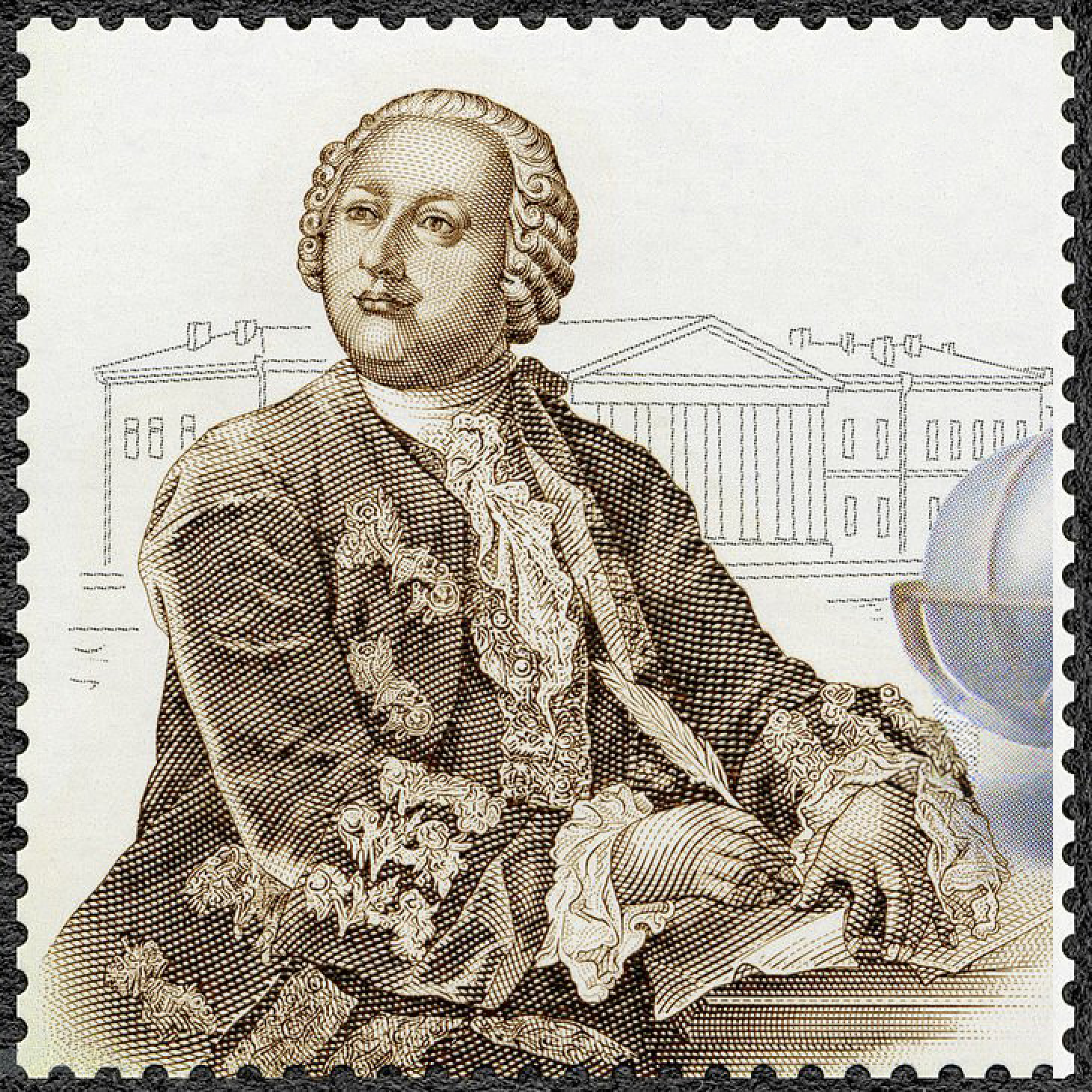Khodorkovsky Postdocs
1 OCT 2024
The London Institute is hiring Russian postdocs in physics and mathematics to join us, starting between 1 October 2024 and 1 October 2025.
Background
For the last two years, the London Institute has run the world’s largest programme to recruit Russian and Ukrainian physicists and mathematicians. Our Arnold and Landau Fellowships, which are for established theorists, have been written about in Nature, The Times and Troitsky Variant, and we are continuing to recruit to that programme. Now, with the support of the Khodorkovsky Foundation, we have created a similar opportunity for more junior researchers: our new programme of Khodorkovsky Postdocs.
Job
The positions last for two years and Postdocs will be supervised by one or more of the London Institute’s Fellows. Salaries begin at £45,000, depending on experience. Postdocs work in our rooms in the Royal Institution—we do not work from home. ❧ Unlike universities, we are not tied to the seasonal structure of teaching, so we operate our programme on a rolling basis. Candidates can apply at any time and start at their earliest convenience, so long as they start before 1 October 2025. Every two months we will review the pool of applicants to date and make decisions.
Candidate
Candidates should have the potential to become outstanding theorists. They will have completed their PhD in theoretical physics or mathematics in the last few years, or be in the final year of it. They should have lived in Russia, but need not reside there when applying. ❧ We do not assess candidates on intellectual merit alone. We also consider the potential for leadership and willingness to act as London Institute ambassadors. In particular, we are looking for candidates who are sociable, curious about others, strong in their purpose, and aligned with our values.
Activities
Conduct theoretical research in physics, mathematics, or the mathematical foundations of AI and life, and publish it in leading journals. ❧ Work with our science writers to publicise our discoveries in the press and on our website. ❧ Work with our staff to help organise events, raise funds, recruit members and boost the Institute’s profile. ❧ Take an interest in the research and goals of other members and help to make the Institute more than the sum of its parts. ❧ Socialise with our scientists, staff and visitors at our weekly drinks and regular events.
London Institute
The London Institute for Mathematical Sciences is a new kind of research organisation that is dedicated to speeding up discovery. Our focus on peak performance and full-time research, and the level of support we offer our scientists, empower them to make the biggest breakthroughs. ❧ The Institute is based inside the Royal Institution in Mayfair, which lays claim to 15 Nobel prizes and the discovery of 10 chemical elements and the principles of electromagnetism. ❧ You can learn more about the London Institute at our About, Values and Opinions pages.
Applying
To apply, send or have sent a CV, cover letter, and two or three letters of recommendation to Justine Crean, jc@lims.ac.uk, with the subject heading “Khodorkovsky Postdoc”. Strong applicants will be invited for an interview. ❧ Candidates can apply and start at any time, so long as it is before 1 October 2025. We encourage early starters, because the London Institute and the funder of this programme like to move fast. ❧ Candidates may specify a preference for specific supervisors from the list below, or not specify anyone and let us check for matches. In either case, Postdocs are welcome and encouraged to choose collaborations organically with different members of the Institute during their time with us.
Potential supervisors
Mikhail Burtsev
The mathematics behind more intelligent AI, including continual learning and memory augmented neural networks, as well as AI-assisted maths.
Alexander Esterov
Algebraic geometry, Galois theory, and the geometry of polytopes, addressing problems in enumerative algebraic geometry.
Thomas Fink
The statistical physics and combinatorics of evolvable systems, input-output maps, genetic computation and the Kauffman model.
Oleksandr Gamayun
Condensed matter theory, including properties of metamaterials and the dynamics of quantum many-body systems in low dimensions.
Yang He
Algebraic geometry, string theory and number theory, and how AI can help uncover new patterns and raise new conjectures in mathematics.
Oleksandr Kosyak
Representation theory of infinite-dimensional groups, Lie groups and Lie algebras, and Braid groups and quantum groups.
Arman Sarikyan
Algebraic geometry, in particular derived categories of coherent sheaves and their applications in birational and equivariant geometry.
Ilya Shkredov
Number theory and combinatorics, including classical additive problems and finding applications of noncommutative methods.
Evgeny Sobko
Exactly solvable models in quantum field and string theory, with an emphasis on integrable models and conformal field theories.
Andrei Stepanenko
Quantum computing, photonics, many-body quantum states dynamics and interaction-induced topological phases.




LCP











